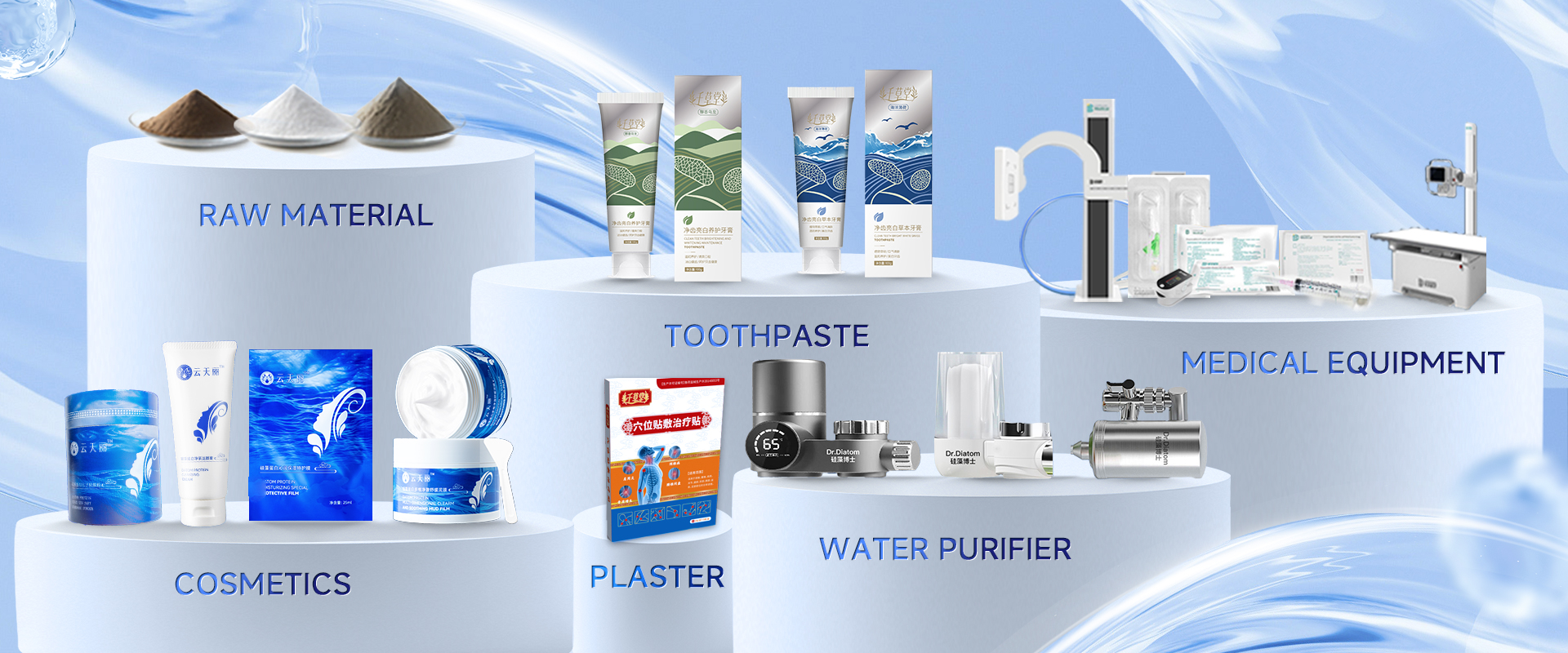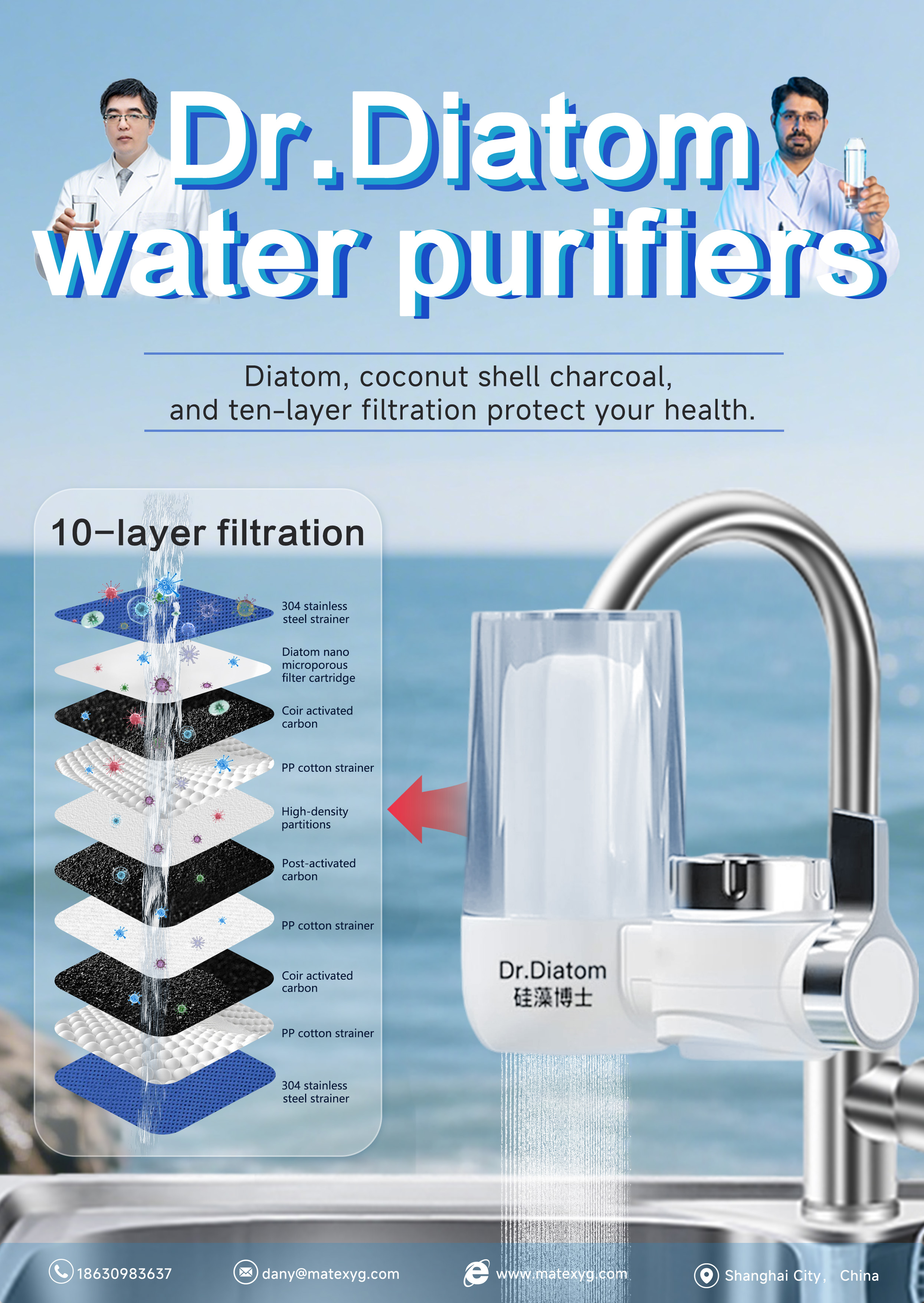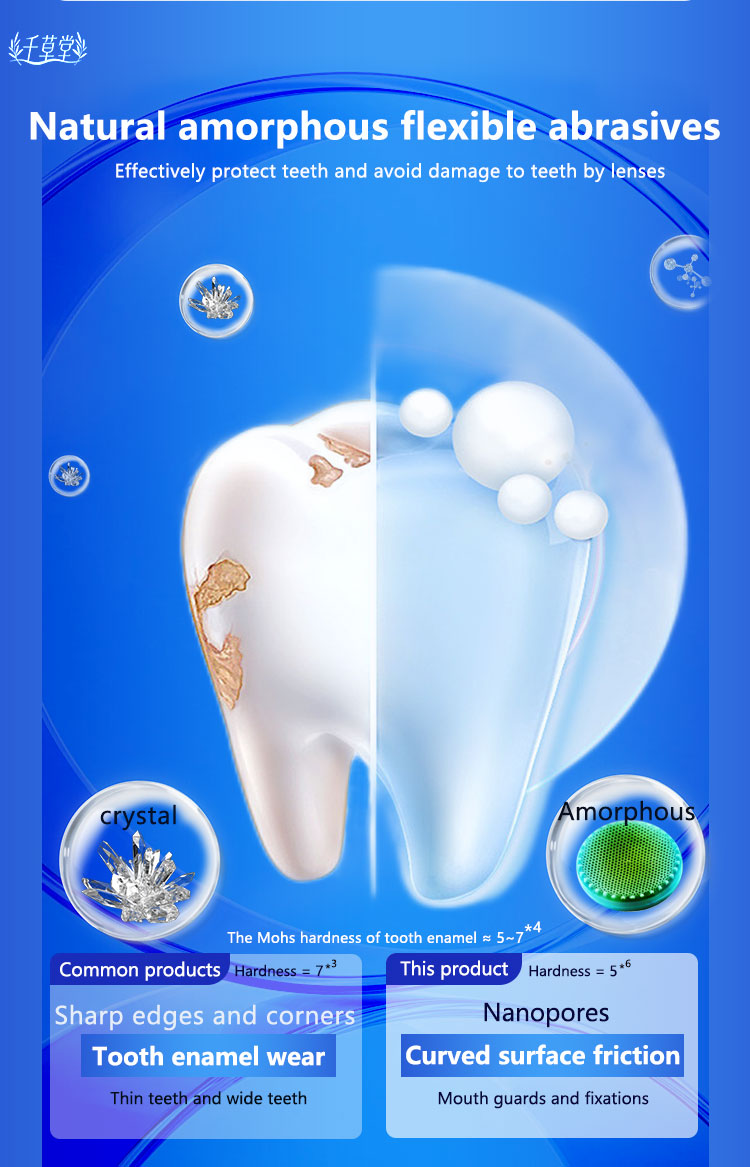
How Diatomite Filtration Works: A Comprehensive Guide
Explore how diatomite filtration works and its diverse applications across industries. Learn about its high efficiency, eco-friendliness, and cost-effectiveness.
Diatomite filtration is a natural and efficient method used to purify liquids by leveraging the unique properties of diatomaceous earth. This remarkable filtration medium is derived from the fossilized remains of diatoms, microscopic algae that once thrived in aquatic environments. Over millions of years, their silica-based cell walls accumulated in sedimentary layers, forming a porous, lightweight material that is ideal for filtration.
This guide provides an in-depth exploration of diatomite filtration, examining how it works, its applications, the advantages it offers, and the essential role of diatomaceous earth in water purification systems. We will also address its challenges, considerations, and potential future innovations, ensuring a thorough understanding of this vital filtration technology.
What is Diatomite Filtration?
Diatomite filtration is a highly effective method for removing impurities from liquids. It involves the use of diatomaceous earth as the primary filter medium. This material is composed of the fossilized remains of diatoms, tiny aquatic organisms with silica-based cell walls. Over time, these cell walls formed extensive deposits, which are mined and processed into a fine powder used for filtration.
Unique Properties of Diatomaceous Earth
The effectiveness of diatomite filtration is rooted in the unique properties of diatomaceous earth, which include:
- Porosity: The microscopic pores within diatomaceous earth allow it to trap particles as small as a few microns, making it an exceptionally fine filter medium.
- Lightweight Nature: Despite its filtering capacity, diatomaceous earth is lightweight and easy to handle.
- High Surface Area: The intricate structure of diatomaceous earth provides a vast surface area for capturing and retaining impurities.
- Inert Chemical Nature: Being chemically neutral, diatomaceous earth does not react with the liquids it filters, preserving their integrity.
These characteristics make diatomite filtration suitable for a wide range of industries, from diatomaceous earth in water treatment to food and beverage production.

How Does Diatomite Filtration Work?
The process of diatomite filtration is both efficient and intricate, relying on the natural properties of diatomaceous earth to achieve high levels of purification. The process can be broken down into several key steps:
1. Preparation of the Filter Media
Before filtration begins, diatomaceous earth is processed into a fine, uniform powder. This powder is then used in one of two ways:
- Pre-Coating: A layer of diatomaceous earth is applied to the surface of a filter, forming a filter bed that captures impurities.
- Slurry Formation: Diatomaceous earth is mixed into the liquid to be filtered, where it forms a dynamic filter bed as the liquid flows through the system.
The choice between pre-coating and slurry formation depends on the specific requirements of the filtration system and the liquid being processed.
2. Filtration Mechanisms
Diatomite filtration removes impurities through three primary mechanisms:
- Mechanical Filtration: The porous structure of diatomaceous earth physically traps particles, sediments, and microorganisms as the liquid passes through the filter bed.
- Adsorption: Organic impurities and other contaminants adhere to the surface of diatomaceous earth particles due to their high surface area.
- Polishing Effect: The fine particles of diatomaceous earth ensure the removal of even the smallest impurities, leaving the liquid crystal clear.
3. Liquid Flow Through the Filter
Once the filter bed is established, the liquid to be purified flows through it under controlled pressure. As the liquid moves through the diatomaceous earth layer, impurities are captured within the filter bed, and the purified liquid exits the system.
4. Maintenance and Cleaning
Over time, the filter bed becomes saturated with impurities and must be cleaned or replaced. Regular maintenance is essential to ensure consistent filtration performance and prevent system inefficiencies.
Key Applications of Diatomite Filtration
Diatomite filtration has established itself as a critical technology across various industries that demand precise and reliable filtration. The unique properties of diatomaceous earth make it a versatile and effective solution, providing exceptional results in applications ranging from diatomaceous earth in water purification to industrial processing. Below is an in-depth look at the key industries where diatomite filtration is indispensable.
1. Diatomaceous Earth in Water Treatment
Water treatment is one of the most significant applications of diatomite filtration, serving both municipal and industrial needs. Clean and safe water is a fundamental requirement for communities and businesses, and diatomite filtration plays a vital role in achieving this goal.
- Removal of Sediments, Algae, and Bacteria: The fine pore structure of diatomaceous earth enables it to trap microscopic particles, ensuring that impurities such as sediments, algae, and bacteria are effectively removed. This is essential for maintaining water clarity and hygiene.
- Elimination of Organic Impurities: Organic contaminants can adversely affect water quality and taste. Diatomite filtration efficiently captures these impurities, resulting in water that meets stringent safety and aesthetic standards.
- Production of Potable Water: Whether for municipal supply or industrial processes, diatomite filtration ensures that water is safe for consumption and use, contributing to public health and operational efficiency.
2. Food and Beverage Industry
In the food and beverage sector, diatomite filtration is a cornerstone of production processes, particularly for beverages like beer, wine, fruit juices, and edible oils.
- Removal of Unwanted Particles: Diatomite filtration eliminates unwanted solids, ensuring that the final product is free from sediments or contaminants.
- Preservation of Flavor and Aroma: The inert nature of diatomaceous earth ensures that the filtration process does not alter the flavor, aroma, or quality of the beverage. This is especially important for premium products like craft beers and fine wines.
- Enhanced Aesthetic Appeal: Clarity is a key quality parameter in beverages. Diatomite filtration delivers crystal-clear results, enhancing the visual appeal of the product.
- Compliance with Quality Standards: The food and beverage industry is highly regulated, and diatomite filtration helps producers meet the rigorous safety and quality requirements.
3. Pharmaceutical and Chemical Industries
In industries where purity is paramount, such as pharmaceuticals and chemicals, diatomite filtration is a trusted solution.
- Chemical Inertness: Diatomaceous earth does not react with the substances it filters, preserving the integrity of sensitive materials.
- High Purity Standards: The filtration process removes fine particles and contaminants, ensuring that the final product meets exacting quality standards.
- Wide Applicability: From filtering raw materials to refining finished products, diatomite filtration is versatile enough to support various stages of production.
4. Swimming Pool Filtration
Diatomite filtration is widely used in swimming pool systems to maintain clean and safe water for swimmers.
- Removal of Oils, Debris, and Microorganisms: The filtration process ensures that contaminants are removed, keeping the pool water hygienic and visually appealing.
- Reduced Chemical Usage: By efficiently capturing impurities, diatomite filtration reduces the need for excessive chemical treatments, creating a more natural and comfortable swimming environment.
- Long-Lasting Cleanliness: Pools equipped with diatomite filtration systems require less frequent maintenance, providing consistent clarity and cleanliness.
5. Environmental Applications
Diatomite filtration is a valuable tool in addressing environmental challenges, particularly in diatomaceous earth in water and wastewater management.
- Wastewater Treatment: In industrial and municipal settings, diatomite filtration is used to remove suspended solids, pollutants, and other contaminants from wastewater. This process helps prevent environmental degradation and ensures that water can be safely returned to natural ecosystems or reused.
- Restoration of Contaminated Water Bodies: Diatomite filtration plays a role in cleaning polluted rivers, lakes, and other water bodies, contributing to ecological balance and biodiversity preservation.
- Support for Environmental Remediation: Beyond diatomaceous earth in water treatment, diatomite filtration can be used in processes aimed at mitigating pollution and restoring natural resources.
Advantages of Diatomite Filtration
Diatomite filtration is widely recognized for its unique and practical benefits, which make it an ideal choice for numerous industries and applications. Below, we delve into the advantages in greater detail:
1. High Filtration Efficiency
The extraordinary filtration capability of diatomaceous earth lies in its microscopic pore structure. These pores can trap particles as small as one micron, including sediments, bacteria, and organic impurities. This high level of efficiency ensures the removal of even the tiniest contaminants, making it an excellent choice for applications where clarity and purity are essential. Industries such as water treatment, pharmaceuticals, and food production benefit significantly from this precision.
2. Versatility
Diatomite filtration is adaptable to a wide array of uses, from municipal water treatment to beverage production and swimming pool maintenance. Its flexibility stems from the ability to customize filtration setups, such as using different grades of diatomaceous earth or adjusting filter designs to suit specific needs. This versatility makes it an invaluable solution for industries with diverse filtration requirements.
3. Eco-Friendliness
As a naturally occurring and biodegradable material, diatomaceous earth is an environmentally friendly option. Unlike synthetic filtration media, it breaks down naturally without leaving harmful residues. Additionally, it requires minimal chemical additives during the filtration process, reducing the environmental footprint and promoting sustainable practices in industries that prioritize eco-conscious operations.
4. Cost-Effectiveness
Diatomite filtration offers an excellent balance between performance and affordability. While the initial setup of filtration systems may require investment, the low cost of diatomaceous earth, combined with its long-lasting efficiency, makes it a cost-effective choice. Its ability to reduce reliance on expensive chemical treatments or complex purification methods further enhances its economic appeal.
5. Chemical Compatibility
Diatomite is chemically inert, meaning it does not react with the substances it filters. This ensures that the original properties of the liquid remain unchanged, making it a safe option for applications where chemical stability is crucial, such as in pharmaceutical production and beverage manufacturing.

Challenges and Considerations
While diatomite filtration is highly effective, it does come with some challenges that need to be addressed:
1. Disposal of Used DE
Used diatomaceous earth may contain trapped impurities and contaminants, requiring proper disposal to prevent environmental harm.
2. System Pressure Requirements
Maintaining optimal pressure within the filtration system is critical to prevent clogging and ensure efficient operation.
3. Regular Maintenance Needs
To maintain consistent filtration performance, the filter bed must be cleaned or replaced periodically.
4. Initial Setup Costs
While cost-effective in the long run, the initial setup costs for diatomite filtration systems can be significant.
Conclusion
Diatomite filtration, powered by the natural properties of diatomaceous earth, is a proven and reliable method for liquid purification. Its ability to capture microscopic impurities makes it indispensable in industries ranging from water treatment to food production. By addressing its challenges and embracing ongoing innovations, diatomite filtration will continue to play a vital role in ensuring clean and safe liquids for a variety of applications.




